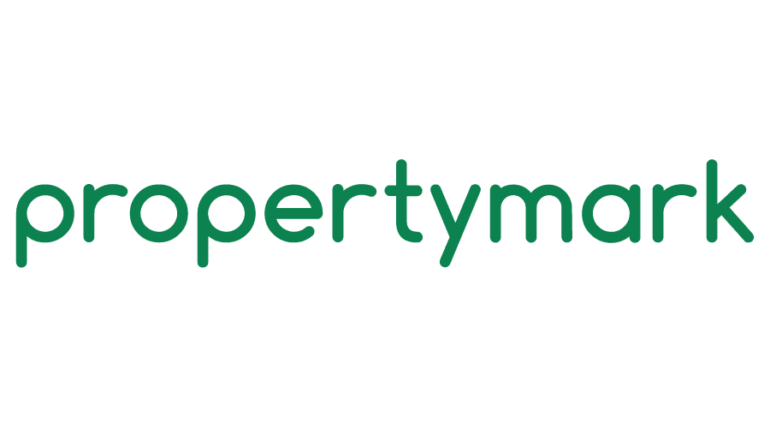In response to a cross-department consultation on the transparency of land ownership involving trusts, Propertymark said that the compulsory regulation of property agents and the creation of a statutory Code of Practice could help the Government improve the transparency of the ownership of land involving trusts.
Laws such as the Economic Crime (Transparency and Enforcement) Act 2022 and the Economic Crime and Corporate Transparency Act 2023, have led to greater public information on beneficial owners of overseas entities, and His Majesty’s Land Registry retains a record of the legal owners of land.
These are two steps Government has taken in recent years to make it simpler to identify the ownership and beneficiaries of business and property in the UK.
However, information on who may be in control of land beyond the owner is not simple to find.
As part of a Government initiative to thwart economic crime within the housing sector and exercise powers awarded through the Levelling Up and Regeneration Act 2023, the cross-department consultation called for opinions on how the transparency of land ownership can increase further, especially where trusts possess land and where there may be extra beneficiaries or individuals who control the land.
While Propertymark welcomed the Government’s bid to enhance the transparency of the ownership of land involving trusts, the trade body said it is hard to ask for changes to be made to a lease or to sell property linked to the land as there may be central information needed for potential buyers that only the freeholder would have access to.
Also, to prevent property agents falling foul of the Proceeds of Crime Act 2002, a law designed to stop additional money laundering, having simpler access to the known owners and beneficiaries of land aids property agents to conduct the legally required anti-money laundering due diligence checks.
Though Propertymark acknowledged anxieties over privacy, it suggested that the Government could help to stop the misuse of increased transparency by implementing compulsory regulation of property agents and establish a statutory Code of Practice for property agents working in the sector.
Henry Griffith, policy and campaigns officer at Propertymark, said: “Increasing the transparency of land ownership will help resolve disputes and increase the speed at which land can be bought and sold.
“When selling land, knowing who has the final say over decision-making is vital to guarantee a speedy and successful sales process.
“Also, it can cost consumers and property agents thousands of pounds when sales fall through due to obstructions in retrieving information.
“Increasing the transparency of land ownership should prevent this. Understandably, some landowners may have concerns over how their data will be accessed, which is why it is important that we establish the regulation of property agents to ensure data is accessed and used correctly.”




